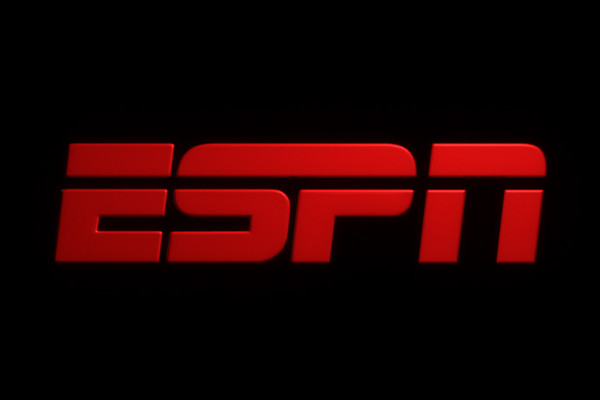In the early years of my journalism career I was covering a Major League Baseball game when I struck up a conversation with a veteran columnist from a large newspaper. He was someone I admired and looked up to, but this night he seemed at odds with his chosen profession (maybe he was always that way). He asked me what it was I wanted to achieve as a sportswriter, and I told him my dreams of writing about Super Bowls and Masters Tournaments.
He gave a wry smile, then said “One thing you should know about this business: the most important thing about sports is that they’re not important at all.”
It didn’t jibe with me at the time, I was a young sportswriter looking to make a mark, and didn’t want to hear the path I’d chosen was unimportant. But as I moved further into my career, his words would resonate more and more. I remember one morning being awoken by a call — my name was in the phone book (yes, I’m old) — from a man complaining about a column I wrote which contained a sentence about how Notre Dame is always overrated (Notre Dame is always overrated, there I said it again). It took me a minute before I realized the man screaming expletives at me was serious.
I hung up in a daze. Are people really like this?
Well, yeah, and it’s only gotten worse since that morning call I received some 18 years ago. Players, coaches and fans are irrational beings in the sphere of sports, cursing the colors the rival teams, vowing revenge for disrespect on the playing field, or berating their own players for dropping balls or getting hurt. How often have you heard a fan yell he wants to “kill that guy” for having the audacity to wear a different uniform? How many people in Cleveland want LeBron James dead? For playing basketball?
This week is a telling one in establishing how far the hunt for wins and dollars has soured sports. ESPN’s sudden pull-out of its branding on an investigation of concussions in the NFL, and revelations former Florida (now Ohio State) football coach Urban Meyer may have covered up Aaron Hernandez’s past transgressions, show a world at war against common sense.
I’ve never been a fan of the four-letter network, even though I’ll spend many hours in the coming months watching its programming (mostly with the sound off). If all it did was show games and spout opinions, I’d have nothing to clamor about, but ESPN wants to be taken seriously as a leader in good journalism. It hires top-rate reporters, boasts the fine Grantland site, and has punched out good, meaningful stories. But this journalism never seems to tangle with its business interests, which made the pairing with Frontline a welcome change.
Of course what happened next was no surprise – the pressure from its multi-billion dollar partner NFL pushed ESPN out of the documentary League of Denial: The NFL, Concussions and the Battle for Truth. ESPN said that wasn’t the case, but its protestations rang hollow. The NFL is doing everything it can to quell the concussion documentary and the accompanying book (the league settled the class-action lawsuit $765 million Thursday), and what it doesn’t need is the World Wide Sports Leader piling on midway through the 2013 season.
ESPN chose money over putting its name behind a report exposing the NFL’s decades-long disregard for player safety. Sad, but not surprising.
The Hernandez issue deals more with everyone else’s safety, as his past ability to roam the Gainesville, Fla. streets as an untouchable has allegedly resulted in the recent death of one man, and perhaps more depending how police investigations pan out. Coaches at universities with top football programs have struggled keeping players in line (see Georgia, Alabama, Oregon, Miami), but Florida during the Meyer years was a bacchanal of bad behavior.
The Rolling Stone article paints Meyer as a man trying to help the troubled Hernandez, but when Hernandez found trouble, he faced little if no punishment. Hernandez was a key cog in what made the Gators a championship-caliber team, to take him off the field would lessen the team’s ability to win. For a college football coach such as Meyer, nothing, it seems, is worst than losing.
But the many accusations against Hernandez are much, much worse. Instead of simply praying for his player’s well-being, Meyer should have done something concrete. Negative actions don’t become positive if no one is there to stop them.
Watching sports used to be a fun escape, but now there is no escape – our digital world has made watching sports a non-stop venture. The events of these past days has stirred memories of my chance discussion many years ago, and I always appreciated the advice handed down to me by an elder reporter. But I have to say, if a young sportswriter came up to me today, I’d tell them something different.
It’s not that sports aren’t important at all, it’s that they’re far too important. And that doesn’t jibe either.




